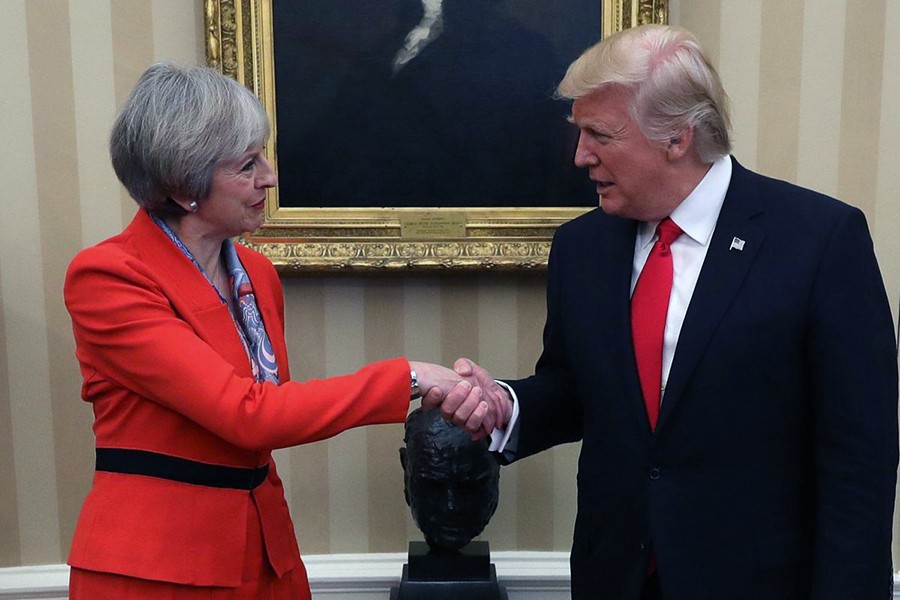"The upsurge of populism in the United States and Europe has us asking the wrong questions," writes Erik Jones in a commentary for The Cipher Brief published online Thursday. Jones, director of European and Eurasian studies at the Johns Hopkins University School of Advanced International Studies, suggests that rather than wondering why populists attract followers, political scientists should be asking why traditional political parties—the Republicans and Democrats in the U.S.—are losing their power and appeal.

Image caption: Erik Jones
"These traditional political parties are supposed to be the gatekeepers to power," says Jones. "In theory, the mainstream parties control the money, they have the infrastructure, they enjoy privileged access to the media, and they select what choices will be offered to the public. In practice, those parties seem to be imploding at every turn."
For example, says Jones, begin in the U.S. with Hilary Clinton, an establishment candidate who has "laid blame for her failure to win the U.S. presidency on a number of different doorsteps," including her own party.
Clinton's experience in the U.S. parallels the experience of Theresa May, the U.K.'s prime minister, who called for early elections in her country while she and her party held a commanding lead in the polls, but whose lead has diminished in recent weeks. "She has suffered a series of missteps that are fueling speculation that the parliamentary party is moving away from her as a candidate," Jones says. [Hub update: May's Conservative party lost its majority in parliament in Thursday's election, prompting questions regarding May's continued leadership of the U.K.]
Across Europe, says Jones, similar situations appear: in France, where political centrist and "nontraditional" President Emmanuel Macron has upset the former balance between the country's establishment parties, the Socialists and the Republicans; in the Netherlands, where populist Geert Wilders failed to secure a majority for his party in parliament, but the remaining parties nevertheless are struggling to form a government; in Austria, where the two establishment parties dropped out of the elections last year and still appear "likely to struggle" during the early elections this year.
"Dig deeper and it is easy to find illustrations of traditional parties coming up short over a period that stretches back into the last century," he says. "Populist challengers have always existed; now they seem to have the advantage."
Read more from The Cipher BriefPosted in Voices+Opinion, Politics+Society
Tagged politics, commentary










